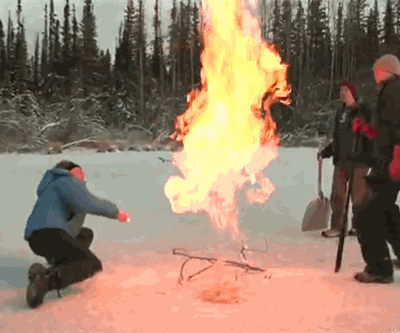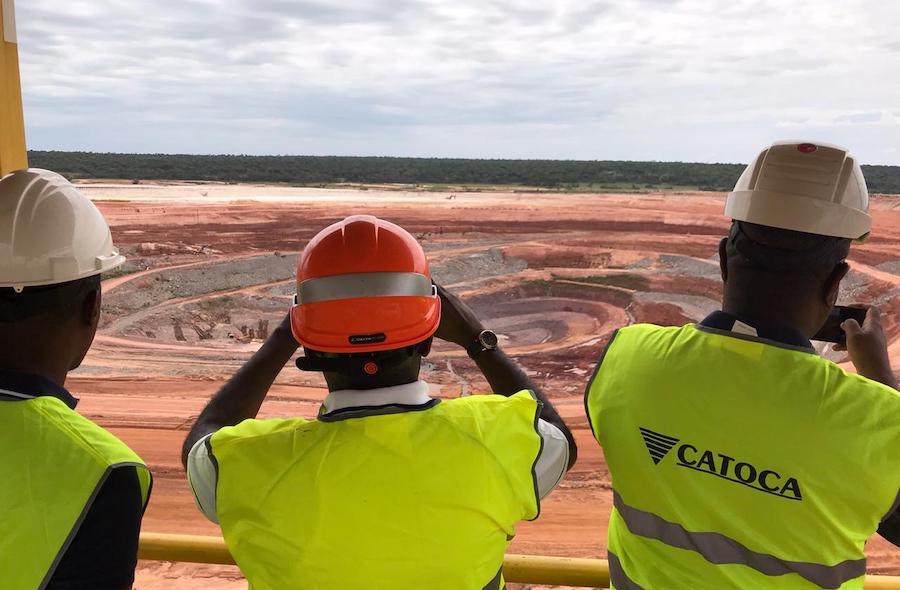Scientists worry about a greenhouse feedback loop as the permafrost warms up

Given that the earth’s temperature is rising, scientists are investigating if gases trapped in the permafrost are going to be released and what effect it will this have on the climate.
Announced last month by the U.S. Government, the Next-Generation Ecosystem Experiments will analyze how permafrost melting is leading to more methane being released into the atmosphere.
The Next-Generation Ecosystem Experiments (NGEE) project will use observations and models to quantify the response of physical, ecological, and biogeochemical processes to climatic change across molecular to landscape scales. Our approach addresses how permafrost degradation in a warming Arctic, and the associated changes in landscape evolution, hydrology, soil biogeochemical processes, and plant community succession, will affect feedbacks to the climate system.
Field and lab research will focus on interactions that drive ecosystem-climate feedbacks through greenhouse gas fluxes and changes in surface energy balance. These feedbacks will arise due to gradual thawing of permafrost and thickening of the seasonal active layer. Feedbacks will also occur as a result of the threshold-dominated processes of permafrost degradation and thermokarst formation and through the many processes that are influenced as a result of these landscape-scale dynamics.
In an unrelated study, Katey Walter Anthony, research assistant at University of Alaska Fairbanks, looked at methane trapped in arctic lakes and is trying to measure what is getting released into the atmosphere. Her video was uploaded by user uafairbanks on Jan. 15, 2010.
“If you look at the shore, you can see there are lots of trees that are falling into the lake and they are dying. What is happening is the permafrost is thawing and ice that is in the ground when it melts causes the ground surface to collapse.”
Methane is a principal component of natural gas. Greenhouse gases trap the suns heat in the atmosphere, like in a greenhouse, causing the earth’s temperature to rise.
Anthony says that dead matter that is getting released and generating methane.
“Methane is a very potent greenhouse gas. A molecule of methane is 25-times stronger than carbon dioxide.”
Scientists are disputing whether hydraulic fracturing has a greater impact on greenhouse gas emissions than coal due to greater concentrations of methane released when drilling.
{{ commodity.name }}
{{ post.title }}
{{ post.date }}




Comments